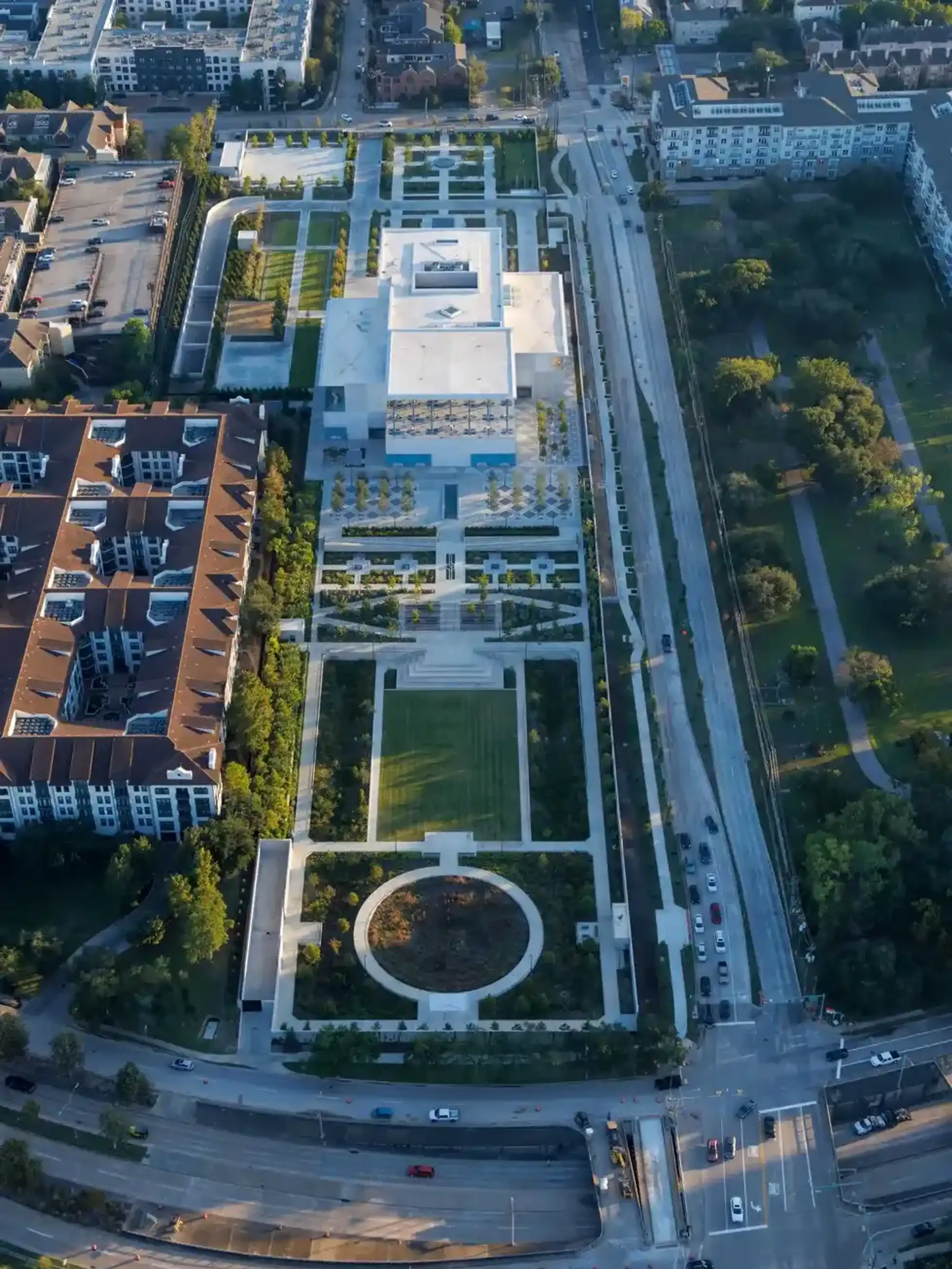Here's how Houston scores when it comes to promoting clean energy
it's not easy being green
The Energy Capital of the World has some work to do when it comes to ramping up its commitment to clean energy, according to a new report.
The report, published by the American Council for an Energy-Efficient Economy (ACEEE), scores 100 major U.S. cities on their efforts to promote clean energy. Houston ranks 34th among the 100 cities.
On a 100-point scale, here’s how Houston fared in the report’s five categories:
- Communitywide initiatives, 5 out of 15.
- Building policies, 8.5 out of 30.
- Transportation policies, 11 out of 30.
- Energy and water utilities, 7.5 out of 15.
- Local government operations, 4.5 out of 15.
While Houston ranked 34th, its scores were above the collective median scores for the 100 cities.
Elsewhere in Texas, Austin ranks No. 14 in the ACEEE report, with San Antonio at No. 37, Dallas at No. 43, and Fort Worth at No. 71.
San Francisco tops the nationwide list, followed by Seattle (No. 2), Washington, D.C. (No. 3), Minneapolis (No. 4), and Boston and New York City (tied at No. 5).
The ACEEE report casts doubt on Houston’s ability to achieve its goal of reducing greenhouse gases by 40 percent by 2030. A study published in 2021 shows Houston is making progress, though. According to the study, Houston; Seattle; Oslo, Norway; and Bogotá, Colombia are the four global cities that witnessed the largest per-capita reduction in greenhouse gas emissions.
The ACEEE report also faults Houston for enabling access to high-quality transit for just 30.7 percent of low-income households, and it dings the city for installing just 25.6 publicly available electric vehicle charging stations per 100,000 people.
The report’s five recommendations for improving Houston’s position in clean energy are:
- Publicize communitywide energy data.
- Establish and track metrics related to energy equity.
- Adopt building tune-up and audit requirements for improving the energy performance of existing structures.
- Expand high-quality transit access for low-income residents.
- Increase the number of charging stations for electric vehicles.
In 2020, the City of Houston rolled out the Climate Action Plan, aimed at reversing the city’s reliance on energy generated by fossil fuels. Last year, Turner told Yahoo News that Houston is poised to lead the world in the transition toward clean energy, with solar power and carbon capture technology among the primary solutions.
“We’ve got to change the way we have been doing things in the past, and that’s where we are partnering with the energy sector,” Turner told Yahoo News. “We’re trying to work to move the energy sector forward.”
In January 2021, Turner became chairman of Climate Mayors, a coalition formed to combat climate change.
“Cities are powerful drivers in the race against climate change. Mayors are investing in clean energy, greening our economies, and creating more sustainable and resilient communities across the U.S.,” Turner said when his ascent to the coalition’s chairmanship was announced.
Toward that end, Turner and his colleagues in the public and private sectors are shepherding Houston toward a future of cleaner energy. On the public-sector front, the City of Houston has reduced municipal emissions by 37 percent. In addition, the Houston consistently ranks as the No. 1 municipal user of renewable energy in the U.S.
As part of Houston’s drive toward clean energy, business leaders in November 2020 launched the nonprofit Renewable Energy Alliance Houston.
“As the headquarters for virtually every segment of the energy industry, Houston is the clear leader for our nation’s energy development,” Kay McCall, executive director of REAL Houston, said in a news release unveiling the alliance. “With the clean energy transition progressing, REAL Houston is poised to help Houston rise to meet these challenges and promote opportunities for Houston’s leaders to connect, share, and grow.”











 Photo by Iwan Baan
Photo by Iwan Baan